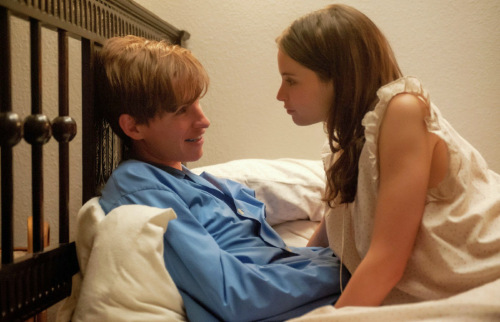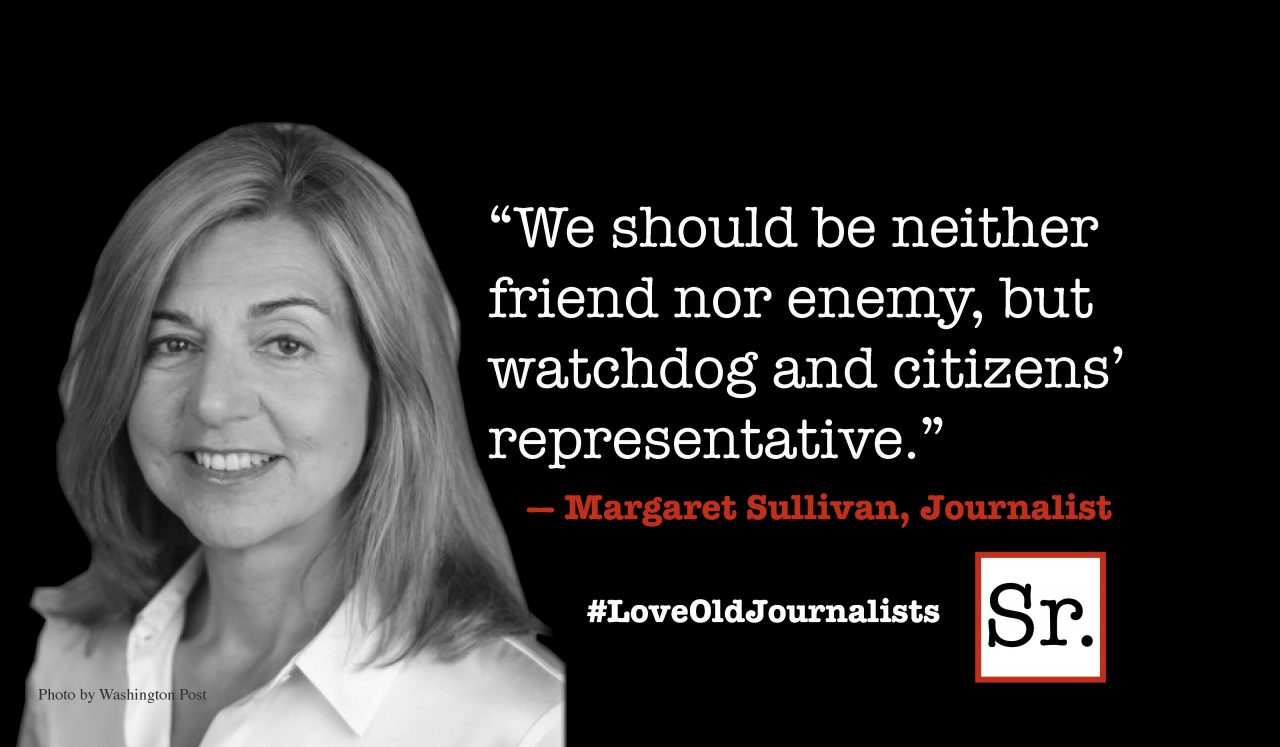Even if you’re familiar with the life and work of Stephen Hawking, there’s something humbling about seeing it depicted in a film.
One of the world’s greatest minds trapped in a body that refuses to cooperate. A woman who cares for his every physical and emotional need and bears his children…at least until she cannot any more.
Time. Space. Infinity.
The first thing that should be said about “The Theory of Everything” is that it isn’t actually about Hawking’s cosmological theories of black holes and other scientific conundrums — though they are of course mentioned in passing. It is based on Jane Hawking’s memoir (most recently updated in 2013) and is more a relationship film than anything else.
Fine. We’d rather watch a people story than an illustrated physics lecture. And “Theory” provides the platform for two terrific performances from Eddie Redmayne and Felicity Jones, who must be considered on the short list for this year’s Oscar nominations.
The film — directed by James Marsh (maker of the excellent documentaries “Project Nim” and “Man on Wire”) — begins in Cambridge in the early ’60s, where Stephen Hawking is a whiz kid in the science department.
Young Hawking is an intriguing blend of science nerd — horn-rimmed glasses, Beatle-ish red forelock, bow ties, uncoordinated walk — and astonishingly self-assurance. And not only in matters of physics.
In courting his future wife, Jane — a fellow student specializing in medieval Spanish poets — Stephen manages to be charming without ever hiding the fact that he is the smartest guy in the room. In their first conversation he describes his chosen topic of cosmology as “a kind of religion for intelligent atheists” and follows that up by stating that his life’s goal is to develop one unified theory that through an elegant and simple equation “explains everything in the universe.”
No ambition there.
Jane is smitten by Stephen’s geeky genius — as are we all. But their romance hits a potential dead end when Stephen is diagnosed with a neurological disorder that will rob him of all control of his body and, most likely, end his life within two years. And to make matters worse, he will be completely aware of what is happening to him, since the condition does not affect mental functions.
His inclination is to call off the wedding, but Jane won’t hear of it. She may not realize it yet, but she’s now the primary care giver to a man who will soon be confined to a wheelchair. Even Stephen’s ability to speak is taken from him when he undergoes an emergency tracheotomy to deal with a life-threatening case of pneumonia.
But against the odds, Stephen Hawking does not die. He continues his heady work, writing the best-selling "A Brief History of Time." He fathers three children (apparently his sexual response is one of the few bodily functions not affected by the disease). As time goes by he gets a motorized wheelchair and a voice synthesizer that allows him to talk through a computer.
What’s interesting about Anthony McCarten’s screenplay is the way in which it slowly tilts away from Stephen and toward Jane. At first she’s the supportive wife, a figure practically in the background who keeps house, lifts her husband on and off the toilet, gets pregnant and engages in a million thankless chores that allow her brilliant man — who remains something of a domineering figure despite his handicap — to continue his groundbreaking work.
Two thirds of the way through “The Theory of Everything” Jane is about to go stir crazy. She gives herself a treat — an hour each week to sing in the choir of the local Anglican church. There she meets choirmaster Jonathan Jones (Charlie Cox), a soulful young widower who soon becomes part of the Hawking family, doing much of the heavy lifting where Stephen is concerned.
Clearly, Jane and Jonathan are falling in love.
Since the tale at this point is being told mostly from Jane’s POV, we share her torn alliegances. But the film strongly hints that Stephen was looking for extramarital adventure as well. A search for a full-time professional care giver ends with the hiring of Elaine Mason (Maxine Peake), a red-headed woman of strong body and intellect who clearly thinks that Stephen Hawking — wheelchair or no wheelchair — is a pretty sexy guy.
One thing about the movie’s Stephen Hawking — he loves being adored. Watch the sly satisfaction on his face as he “innocently” plays his wife against his newfound squeeze.
This makes “The Theory of Everything” sound like a soap opera with a scientific subtext. Happily, Marsh’s direction and the knockout performances minimize the potentially tawdry side of the Hawkings’ saga. These are real people with real emotions and needs, and the filmmaker is not about to pass judgment. Nor do we.
The attention-grabbing performance here comes from Redmayne, a young actor (“My Week with Marilyn,” “Les Miserables”) who undergoes an astonishing physical transformation to play the aging Hawking. He even masters his subject’s facial grimaces, with lips pulled painfully away from teeth, making him look uncannily like the real deal.
And in the film’s second half, when he is denied even the use of his voice, Redmayne finds ways to suggest Hawking’s inner life behind the facial paralysis.
By comparison, Jones (“Like Crazy,” the most recent Spider-Man film) would seem to have the more colorless role. But it doesn’t play that way. After all, more of us identify with the long-suffering Jane than with the intimidatingly brilliant Stephen. This is a performance that slowly creeps up and breaks your heart.
As an insightful summation of a most unusual marriage, “The Theory of Everything” is a solid, borderline overwhelming experience. One can’t help thinking that the filmmakers were walking on eggshells here, dealing with touchy subject matter yet careful to pay proper homage both to an awe-inspiring man and the woman who for years sacrificed just about everything to make his life bearable.









